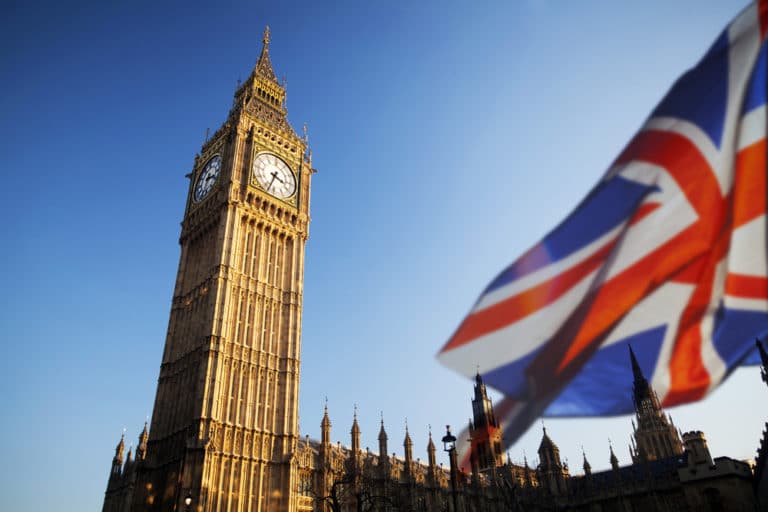The UK’s Competition and Markets Authority says a special tech regulator is needed.
According to a report in the Financial Times, Britain is in danger of becoming a ‘rule taker’ from Brussels. The warning came after the federal government decided to not give its competition regulator powers to set codes of conduct for tech giants like Google and Facebook.
Laws to empower a technology regulator within the Competition and Markets Authority (CMA) were left out of the Queen’s Speech, putting the UK behind Brussels, which launched a landmark package of rules to rein in the dominance of Big Tech this year.
While the UK is now outside the EU and sets its own rules, experts say that companies are investing to adapt to the laws set by Brussels, making it harder for the UK to diverge later because of the extra costs for corporates.
“As a country, we are in a great place to set up smart, pro-business, pro-competitive rules of the road in a number of these areas”, said CMA Chief Andrea Coscelli in an interview with the FT. “If we don’t, then in practice, we become a rule taker because of the cost of divergence. The frustration is that we were initially ahead of the European legislation. Now, we’re behind.”
Underestimating the complexity of the cases
The CMA’s digital markets unit was set up in shadow form last year but cannot set bespoke rules for technology companies without legislation. Coscelli said its 70-odd staff would instead focus on its existing toolkit and probes such as an investigation into Google’s app store rules, and cases on Apple and Meta.
Coscelli has overseen high-profile investigations in his six-year tenure, including probes into big pharma groups resulting in multimillion-pound fines and an £8mn payout for the NHS. He admitted the CMA had “underestimated” the complexity of its rising workload post-Brexit. The watchdog took on a string of complicated merger investigations once handled by Brussels as part of a beefed-up role.
“We probably underestimated just the size and the complexity of some of these cases”, Coscelli said. “For example something like chipmaker Nvidia’s controversial takeover of Arm, which is probably bigger and more complicated than almost anything we did pre-Brexit. Now, at any point in time, we have six or seven cases like that.”
